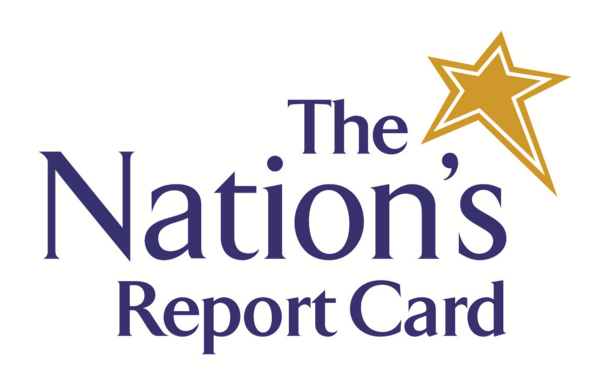 On July 31, the National Assessment Governing Board (NAGB) postponed until 2022 the voluntary administration of the 2021 National Assessment of Educational Progress (NAEP) exams in Civics and U.S. History for 8th graders.
On July 31, the National Assessment Governing Board (NAGB) postponed until 2022 the voluntary administration of the 2021 National Assessment of Educational Progress (NAEP) exams in Civics and U.S. History for 8th graders.
The decision was decided unanimously at the organization’s board meeting and was made with no discussion — as Board Chairman Haley Barbour, the former governor of Mississippi, called the move non-controversial, given that the exam is voluntary and not a Congressionally mandated test.
This comes as the NAGB is trying to raise an additional $65 million from Congress to safely administer the 2021 NAEP assessment in Math and Reading for 4th and 8th graders, as federally mandated by the Every Student Succeeds Act, and it seems that some on the board are tying the future of the Civics and U.S. History exam to the ability to raise that money.
While we understand the pressures under which the NAGB is operating now, as COVID-19 has created some extraordinary circumstances, this is yet another example of how civics and social studies are being deprioritized on the national agenda.
This decision defies the sharp reality of our time. Civic education remains one of the keys in addressing the many challenges before us. Postponing the assessment merely postpones progress in addressing these challenges.
All of us know the numbers: The 2018 NAEP results, released in April, showed that only 24% of our country’s 8th graders scored proficient or better in Civics. The design of the NAEP test for Civics is old and needs to be updated. Nevertheless, it is the most accessible yardstick highlighting the de-prioritization of civic education in our country and its resulting low levels of civic knowledge. Our policy agenda is clear. We must ensure that civics is measured more effectively and frequently. Given that the Civics test was so easily postponed, we must push to make it mandatory along with Reading and Math — not just for 8th grade, but also for 4th and 12th. At the very least, we must make sure that the 8th grade exam is given in 2022 when it is now scheduled.
But as the exam is now postponed, perhaps it’s also time that the NAGB consider using the year-long delay to work on giving it a refresh so that we can have better, diversified data not just on how poorly our students are failing, but on why, so that we can all use that information to better inform how to finally help all students succeed.


 See All
See All